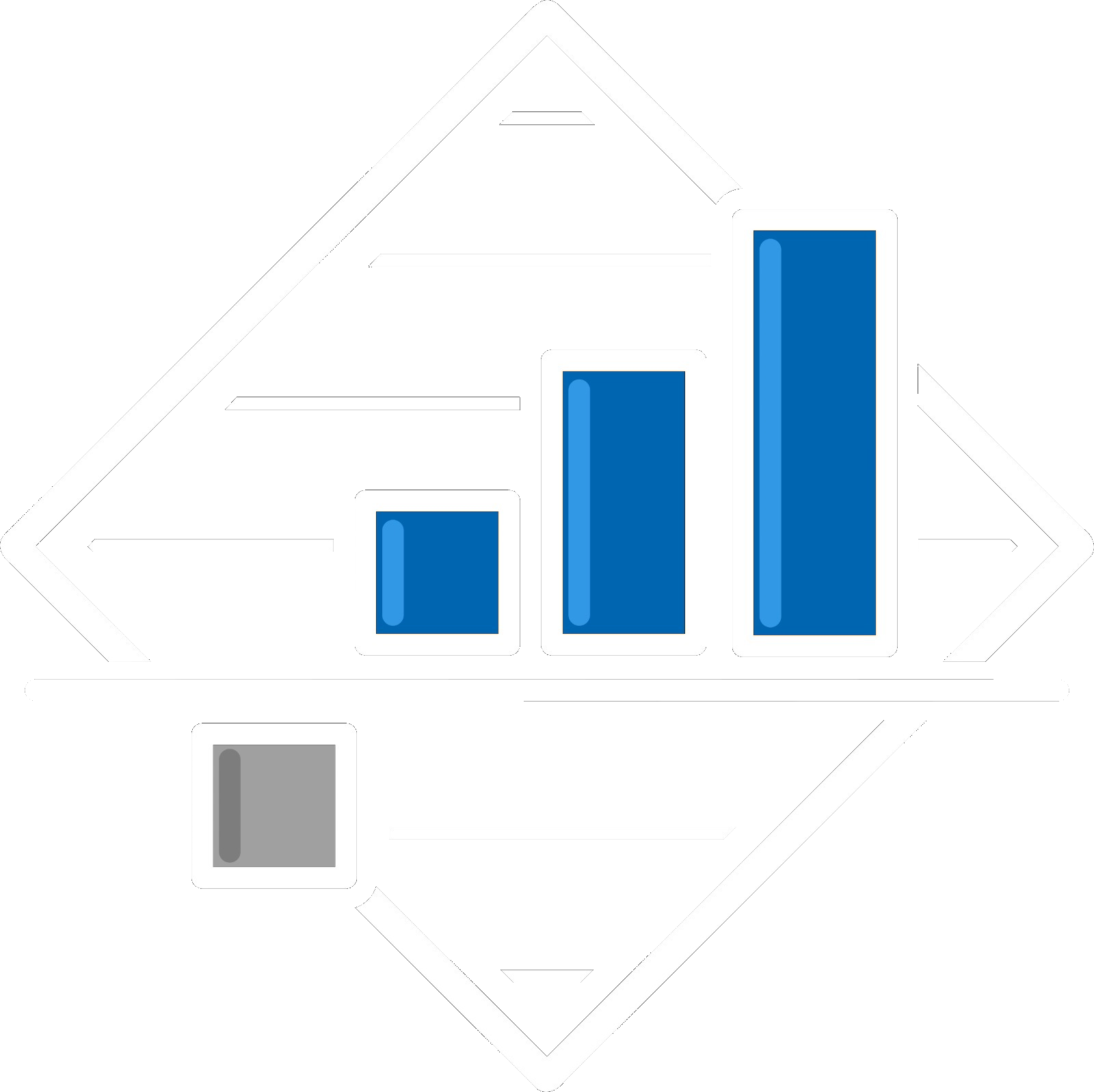At Hills Accountants in Hobart, we know that Asset Depreciation is an important part of your annual tax calculations. But more than that, we will help you to understand what Asset Depreciation means to you and how you will benefit from it.
What is Asset Depreciation?
At its core, asset depreciation is the gradual reduction in the value of an asset over time. It’s an accounting method used to allocate the cost of a tangible asset over its useful life. However different assets depreciate differently and it can be difficult to get right, which is why the team at Hills Accounting are here to help.
Why Does Asset Depreciation Matter?
Short answer? Because it affects your tax return, helping to reduce your taxable income by writing off the cost of these assets. Basically it can help you pay less tax.
Which Assets You Can Depreciate
Workers in many industries use tools and equipment specific to their trade
Computers are essential in nearly every modern office but tend to become obsolete quickly due to technological advancements. This group includes laptops, phones and printers used in either your business or your job
Motor vehicles are important for businesses requiring travel and are subject to wear and tear over time.
Office furniture is one area often overlooked but can significantly improve the work environment and productivity.
Plant and machinery used in your business.
Also moveable plant included in an investment property such as kitchen appliances, hot water cylinders and air conditioning units may fall into this category.
Each of these assets has a different lifespan and will depreciate at different rates. The Australian Taxation Office (ATO) provides guidelines on the effective life of each asset, which you can use to calculate your depreciation deductions.
At Hills Accounting we can make sure you claim depreciation on everything you are entitled to.
